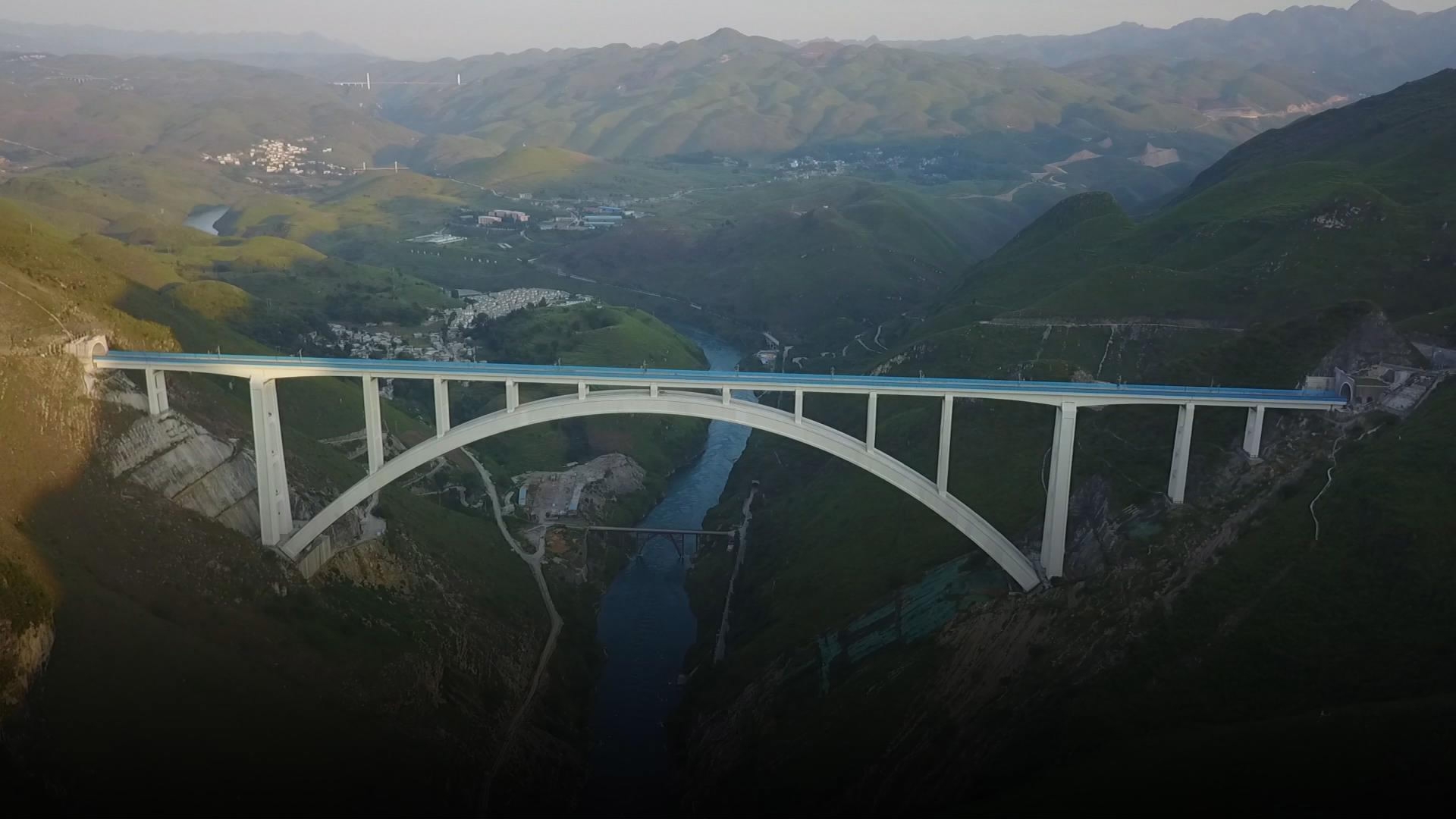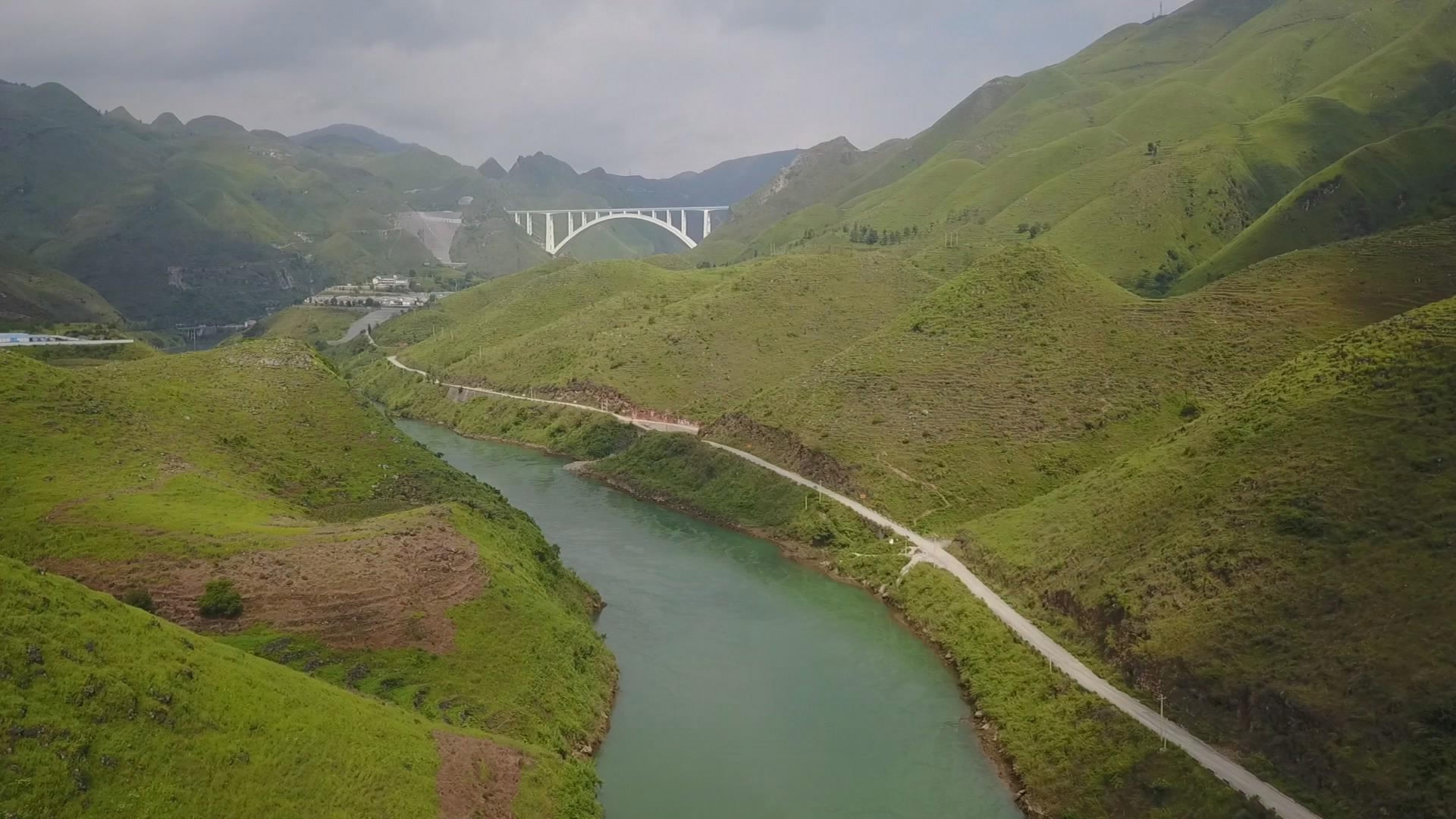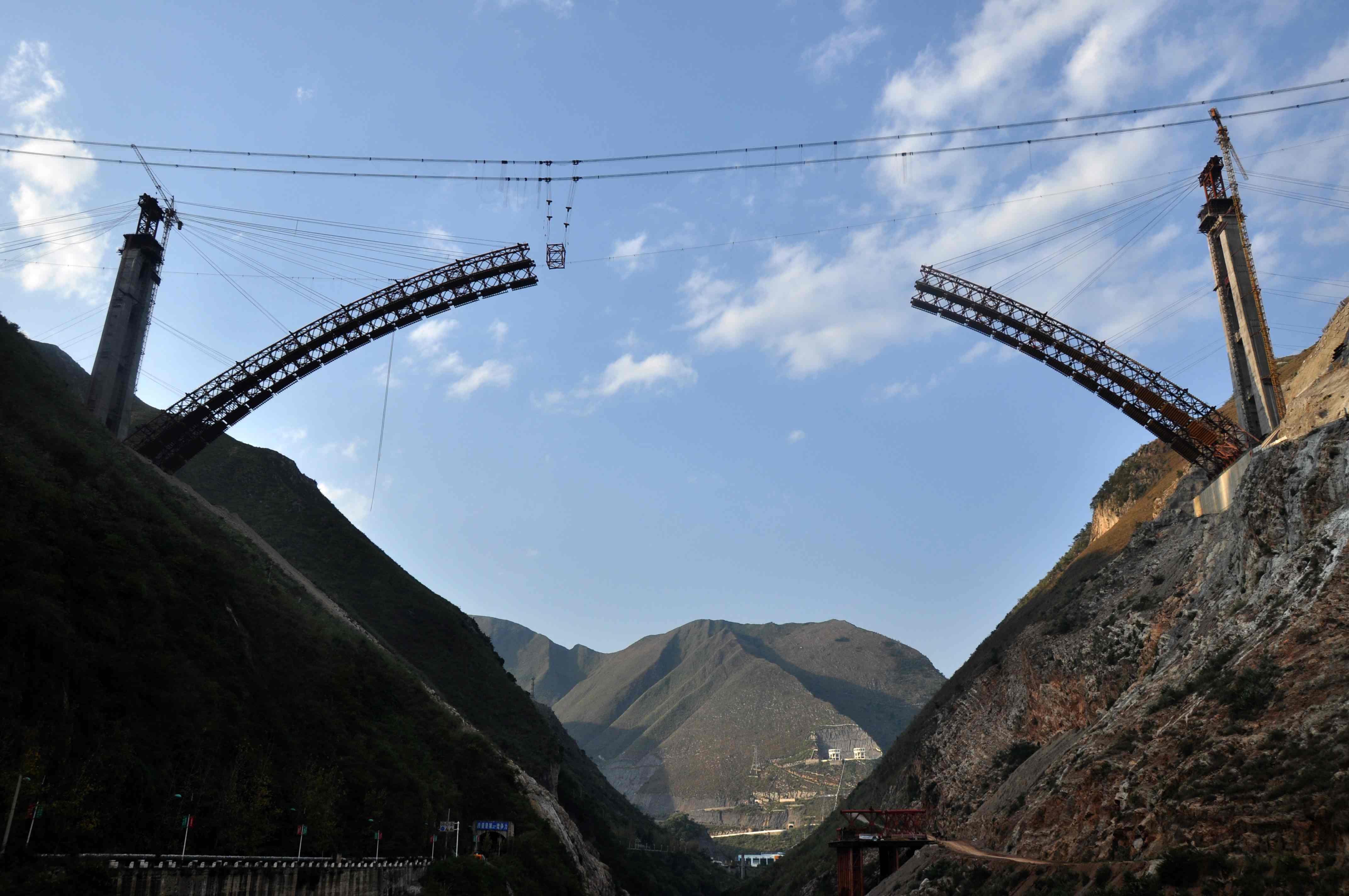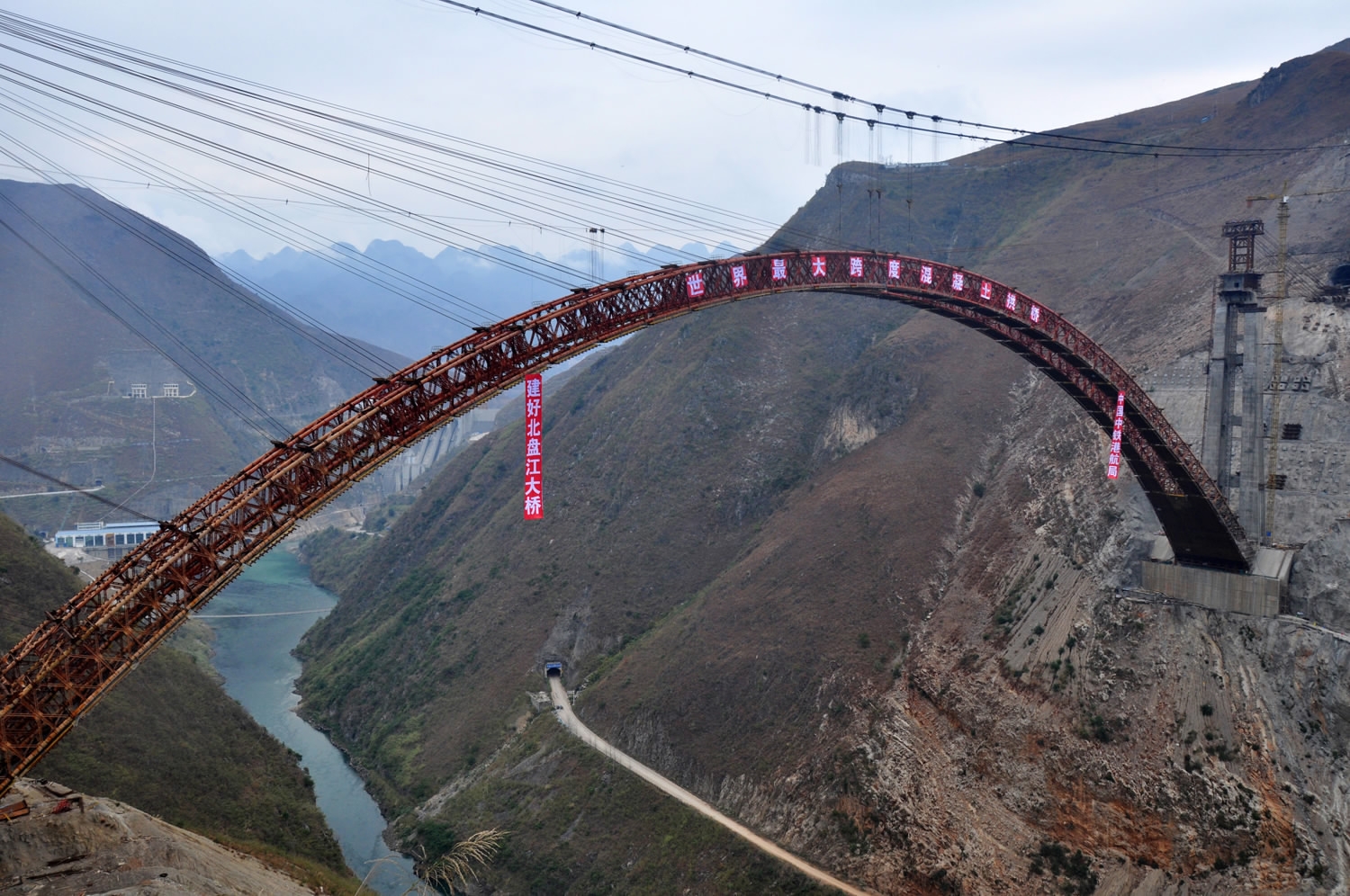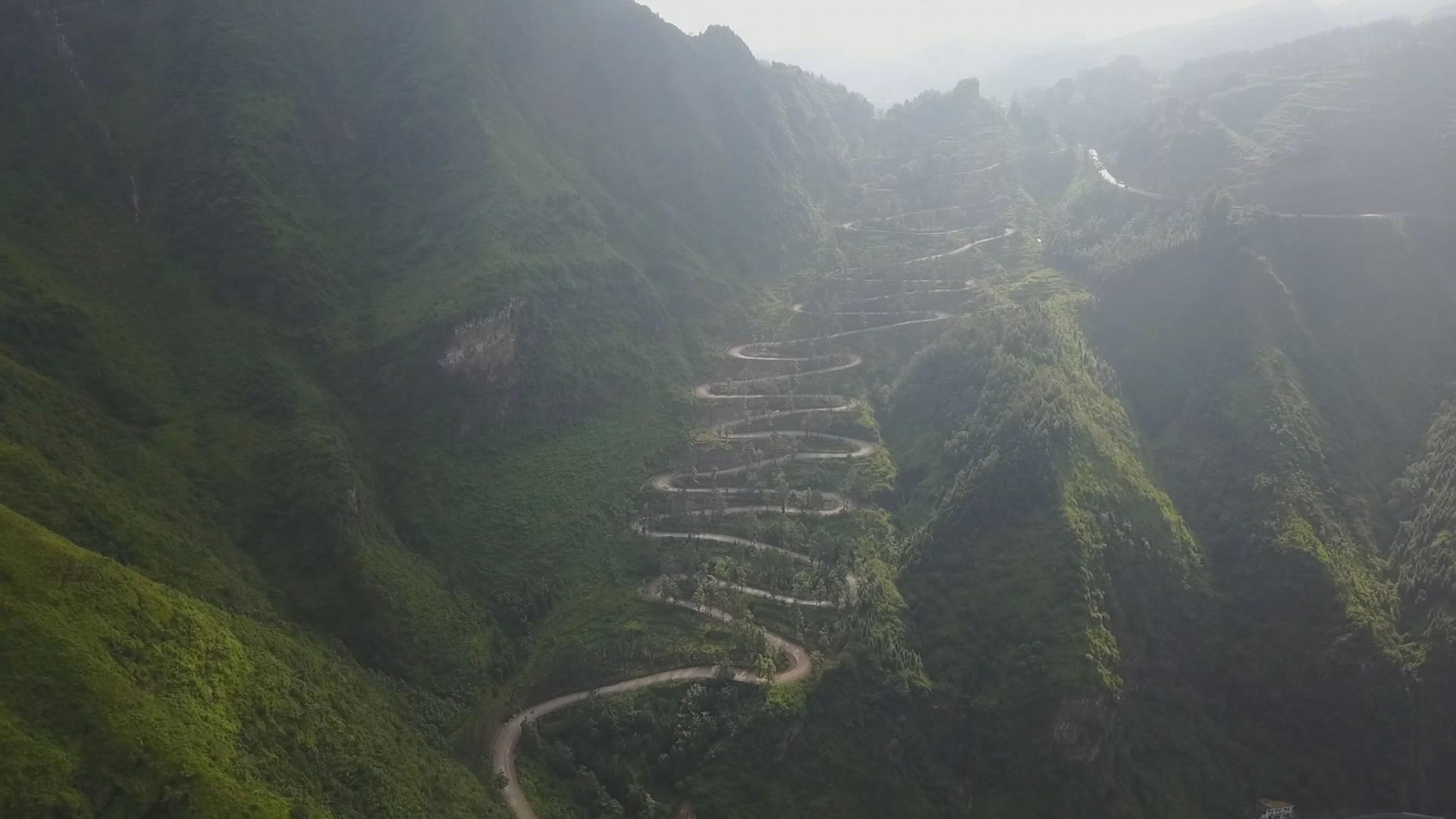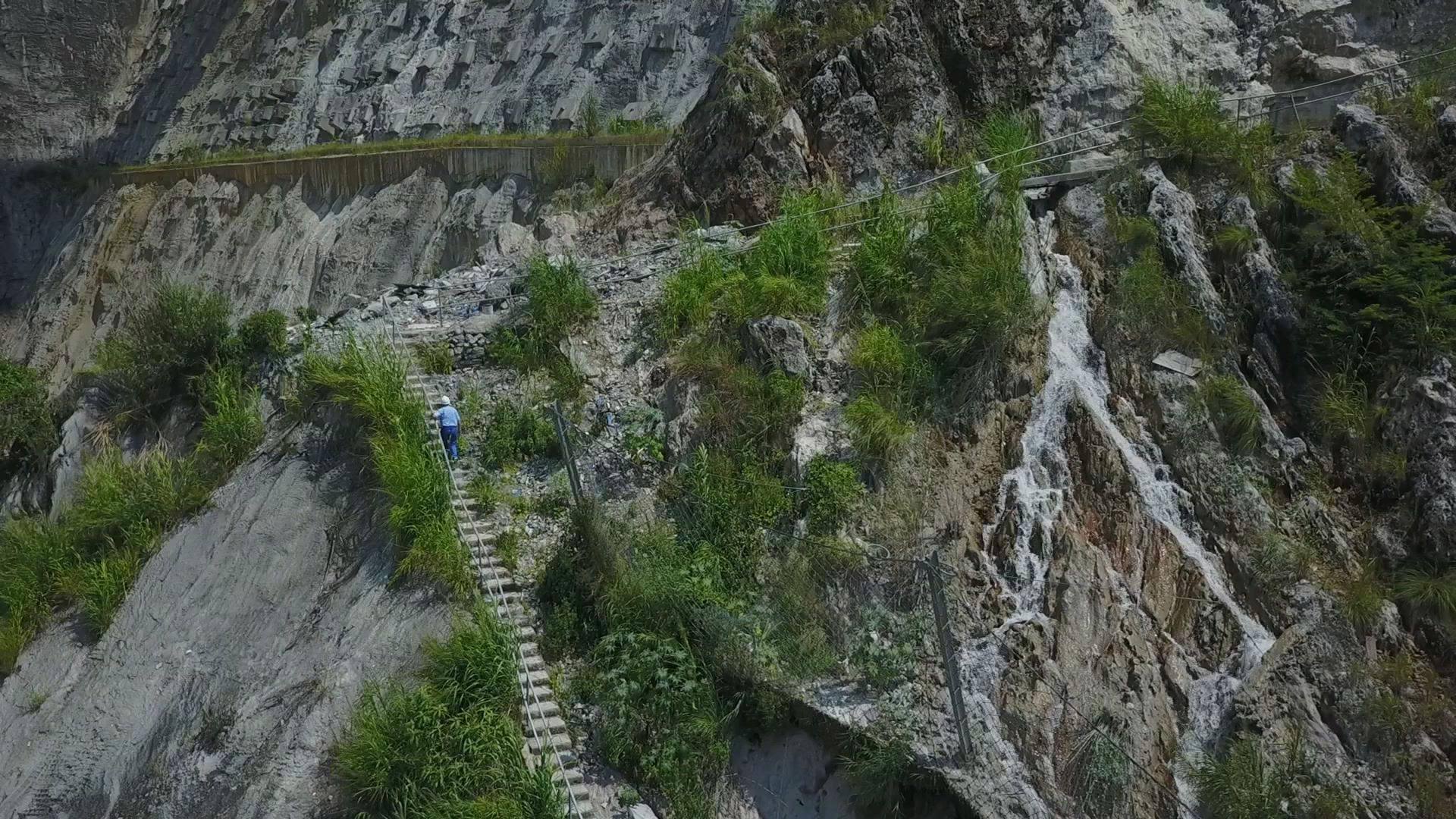Deep in a valley between the mountains stands a bridge that connects two gorges that for long had divided southwest China's Yunnan and Guizhou provinces.
With a span of 445 meters, Beipan River Bridge on the Shanghai-Kunming high-speed railway is the longest concrete arch bridge in the world and literally bridges the gorge between the two provinces.
The bridge is a key link to the Shanghai-Kunming high-speed railway. Du Rui, chief engineer of the project and his associates spent six years living in the deep mountains in the region as they set out to construct the bridge.
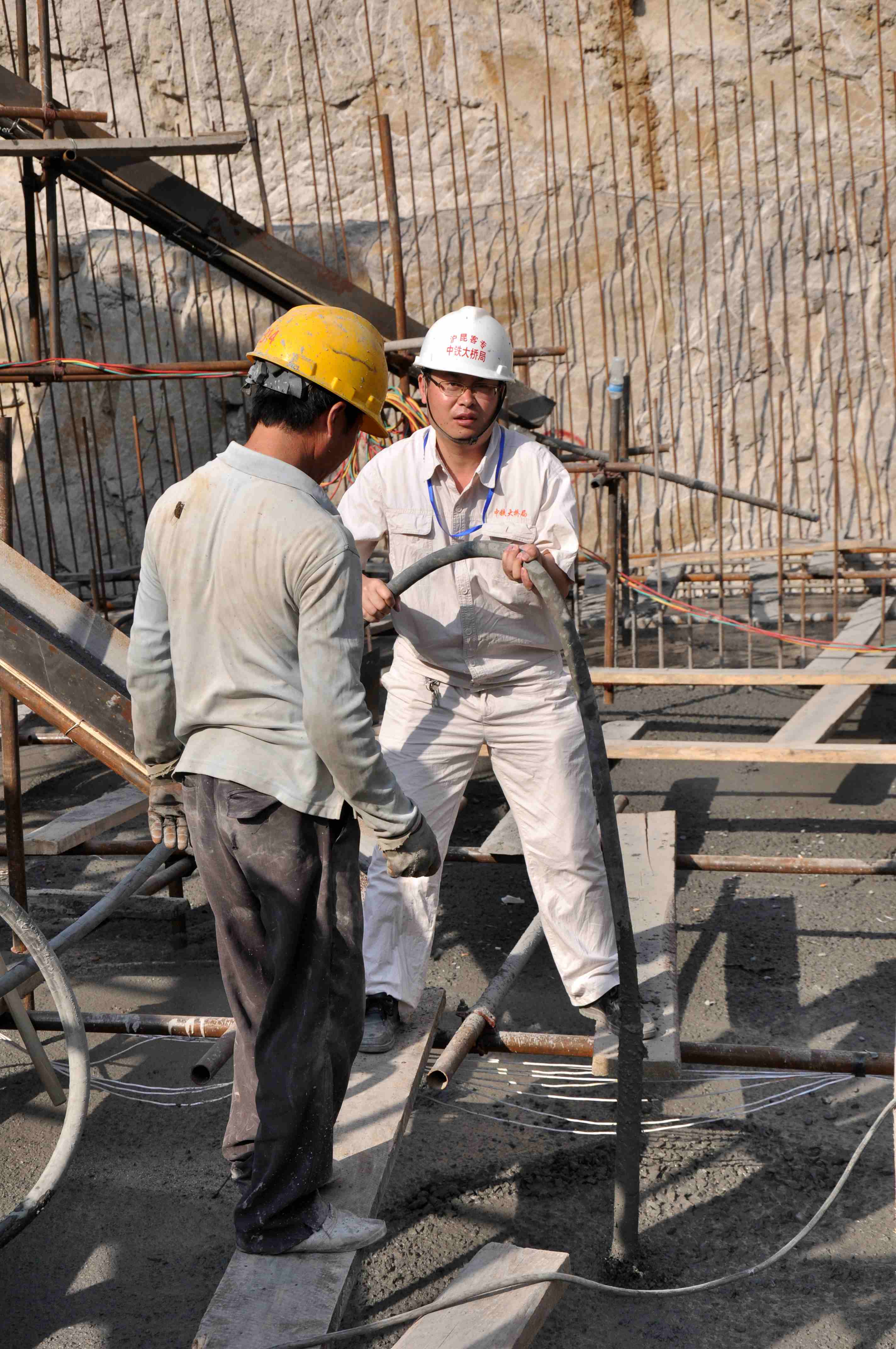
Du Rui (right) working at a construction site. /Photo provided by Du Rui
Du Rui (right) working at a construction site. /Photo provided by Du Rui
"I joined the project, which would also lead to my hometown in Yunnan Province, in 2010. At that time my mother kept asking me whether we could finish it earlier. I said it would take at least five years. She wished we could be faster.”
Du Rui shared his mother's desire to see the bridge completed at the earliest. However he also realized the enormous geographical and geological challenges that made the task at hand monumental.
The steep terrains, loose soil and the fact that they had to walk for hours to reach the construction sites up in the mountains made the project even harder.
"Looking at the terrains, the gorges and the valleys, I didn't even know how to build the bridge, let alone when could we finish it. We had absolutely no idea. We had to overcome so many difficulties," Du recalled.
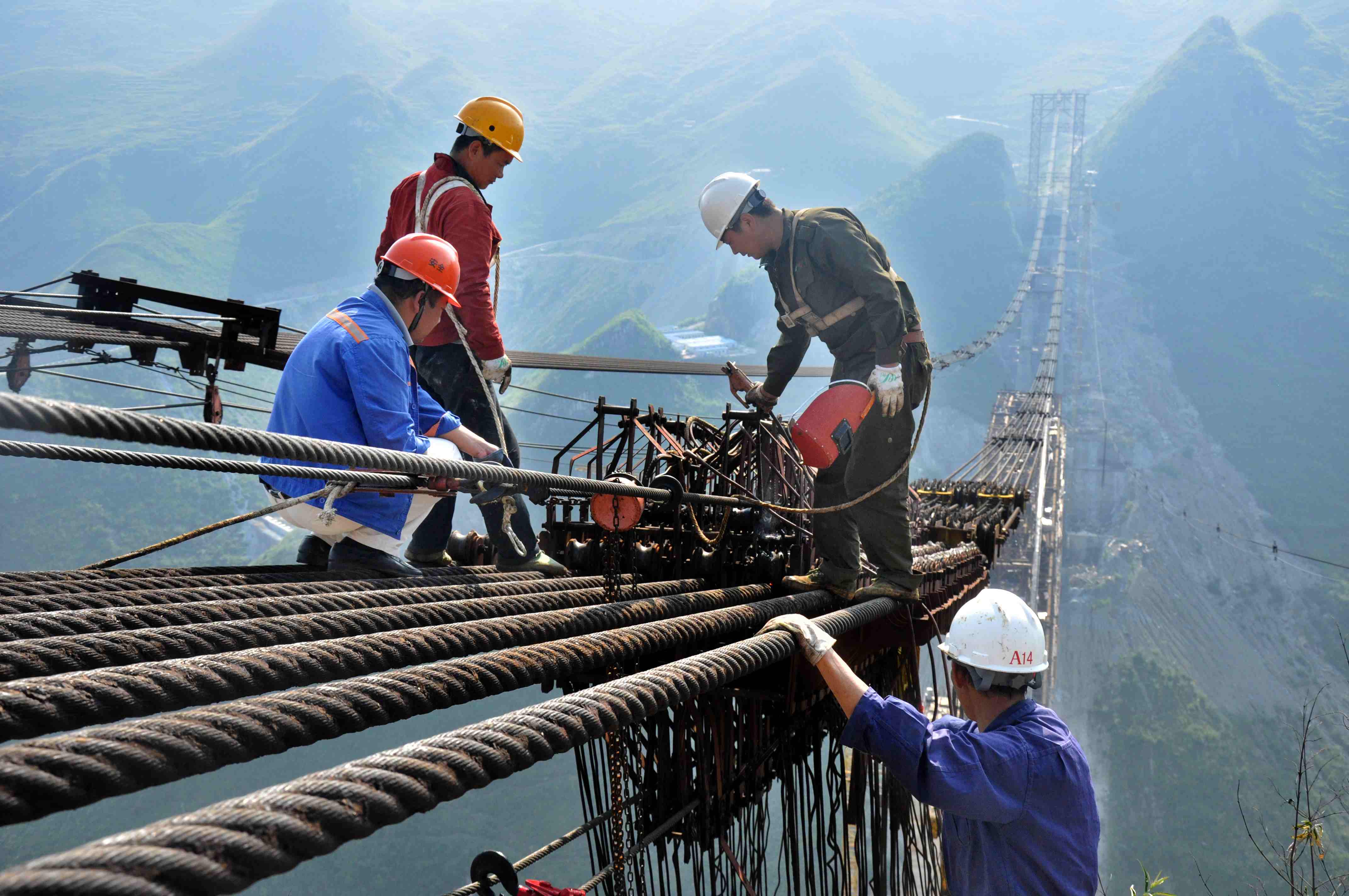
The construction work on full swing at Beipan River Bridge on the Shanghai-Kunming high-speed railway, in 2014. /Photo provided by Du Rui
The construction work on full swing at Beipan River Bridge on the Shanghai-Kunming high-speed railway, in 2014. /Photo provided by Du Rui
After six years of hard work the bridge was ready, making the first high-speed rail in Yunnan Province operational. Technically, the high-speed rail is also the first one in Guizhou Province.
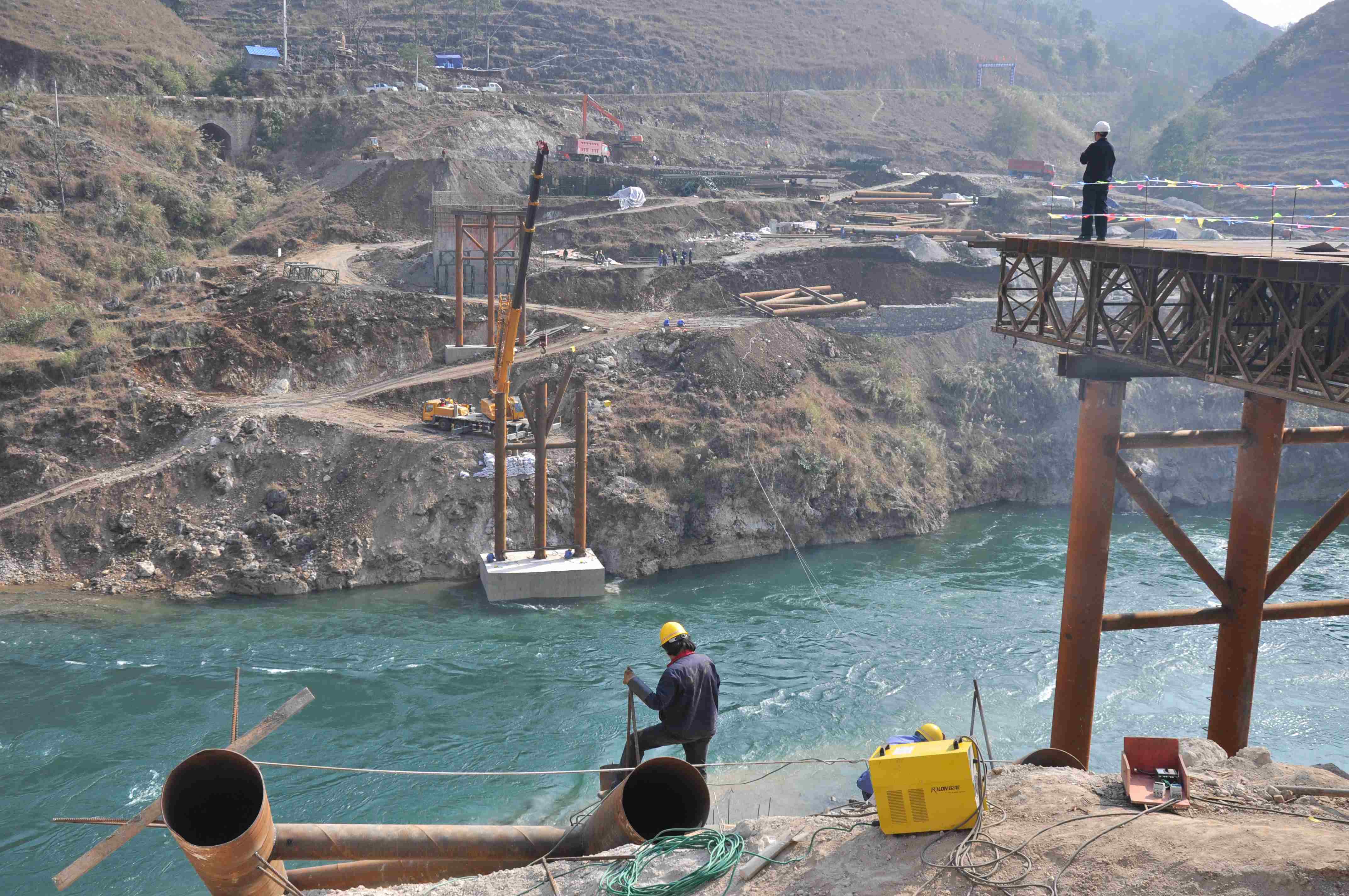
The steep terrains, loose soil and the fact that they had to walk for hours to reach the construction sites up in the mountains made the project even harder. /Photo provided by Du Rui
The steep terrains, loose soil and the fact that they had to walk for hours to reach the construction sites up in the mountains made the project even harder. /Photo provided by Du Rui
During the construction, it often took more than 10 hours for Du to travel to his hometown. Now that the bridge is built, the high-speed train completes the same journey in merely three hours.
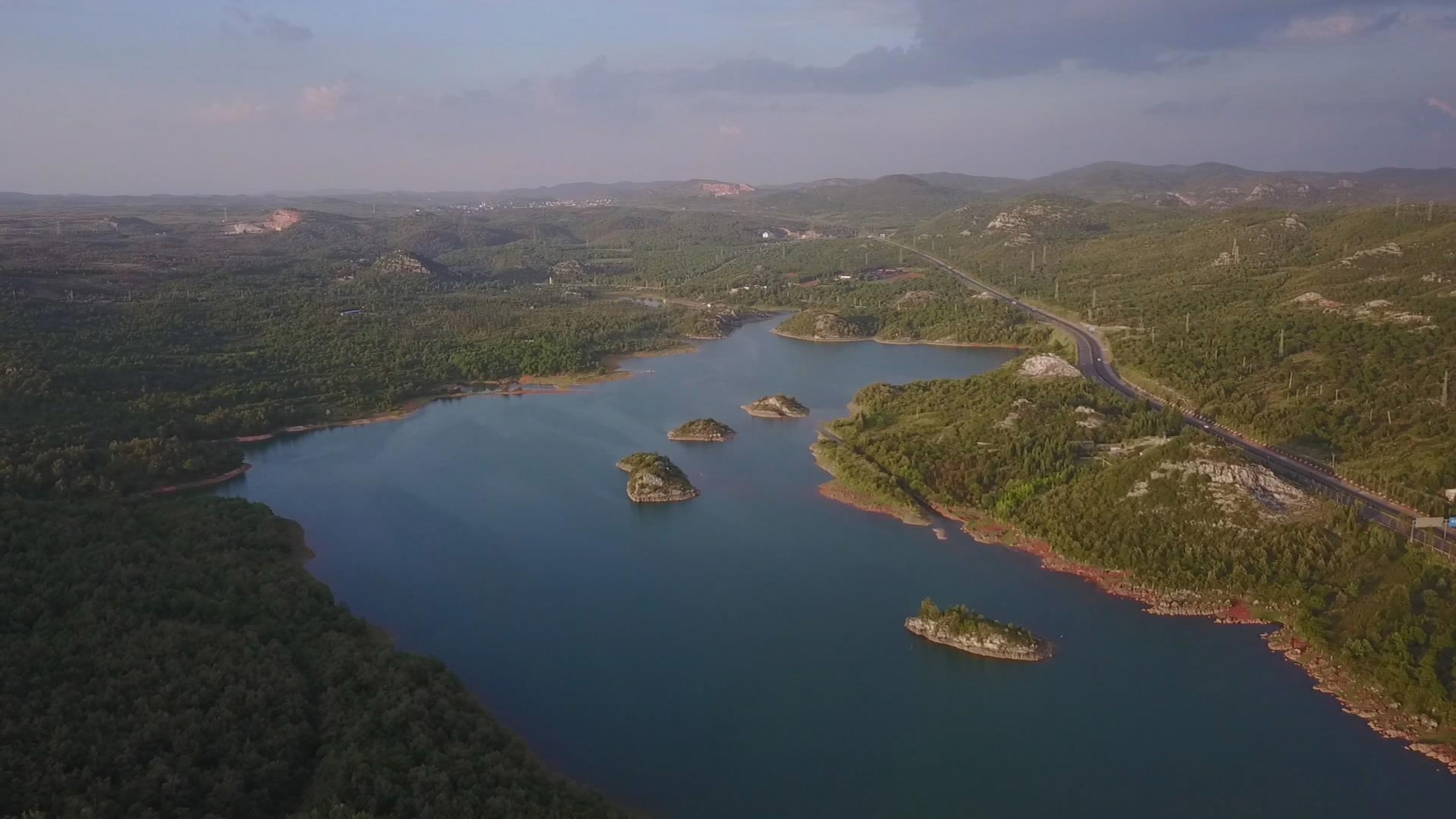
Aerial shot of Yunnan Province. /CGTN Photo
Aerial shot of Yunnan Province. /CGTN Photo

Women working in a farmland in Yunnan Province. /CGTN Photo
Women working in a farmland in Yunnan Province. /CGTN Photo
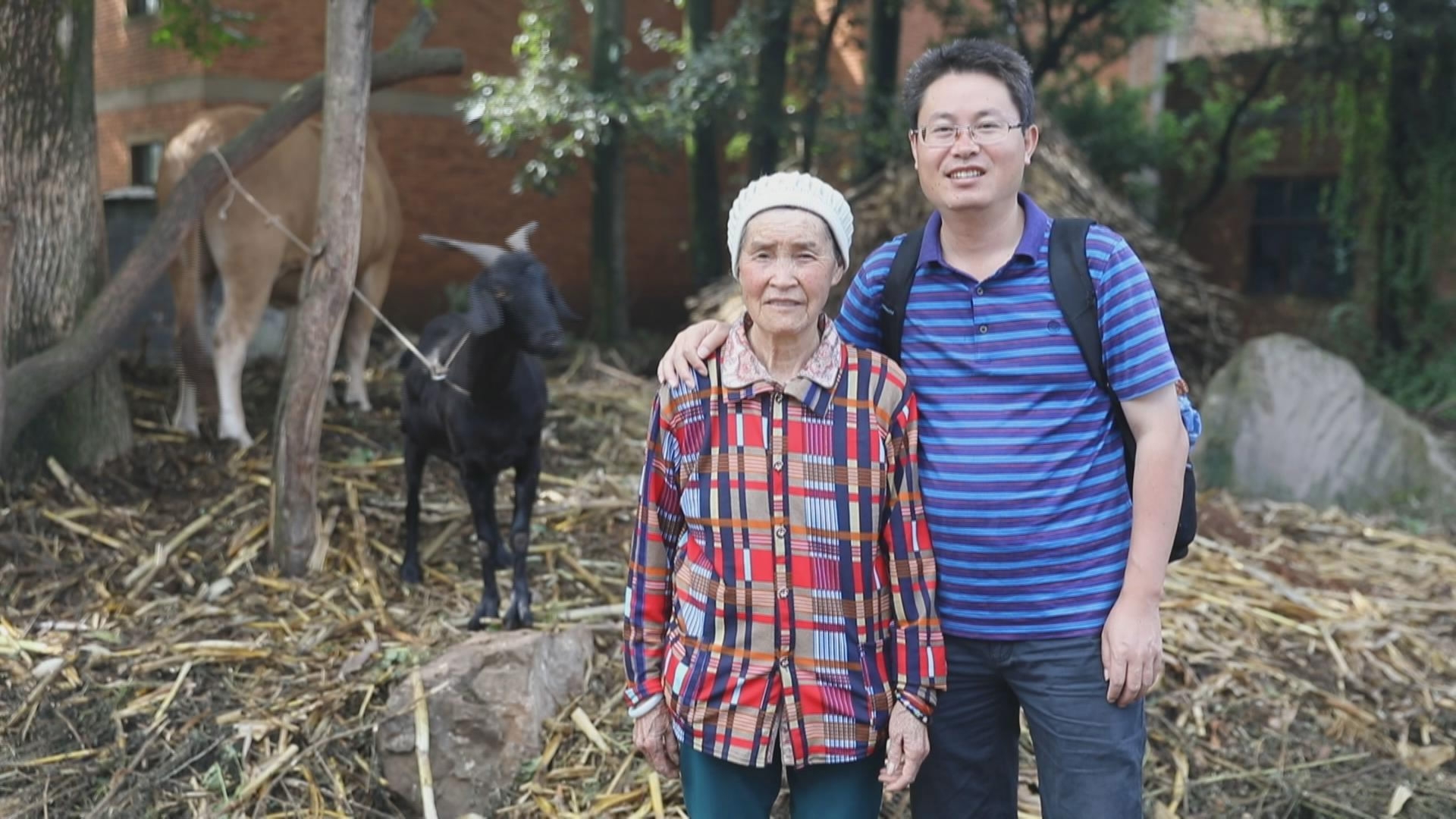
Du Rui and his mother. /CGTN Photo
Du Rui and his mother. /CGTN Photo
Du Rui was born in Munai village in Yunnan Province. The high-speed rail he built leads to his hometown, making him genuinely happy.
He recalled the days when his mother took him to relatives, they had to walk for an entire day. When he went to college in Chongqing, it would take nearly 20 hours to reach the mountainous city on the green train.
But now, sitting on the high-speed train traveling through the bridge he helped built, Du Rui knows that those days are gone forever.

The story is one in "The 1.3 Billion" series exploring the diverse lives that make up China.
The story is one in "The 1.3 Billion" series exploring the diverse lives that make up China.



